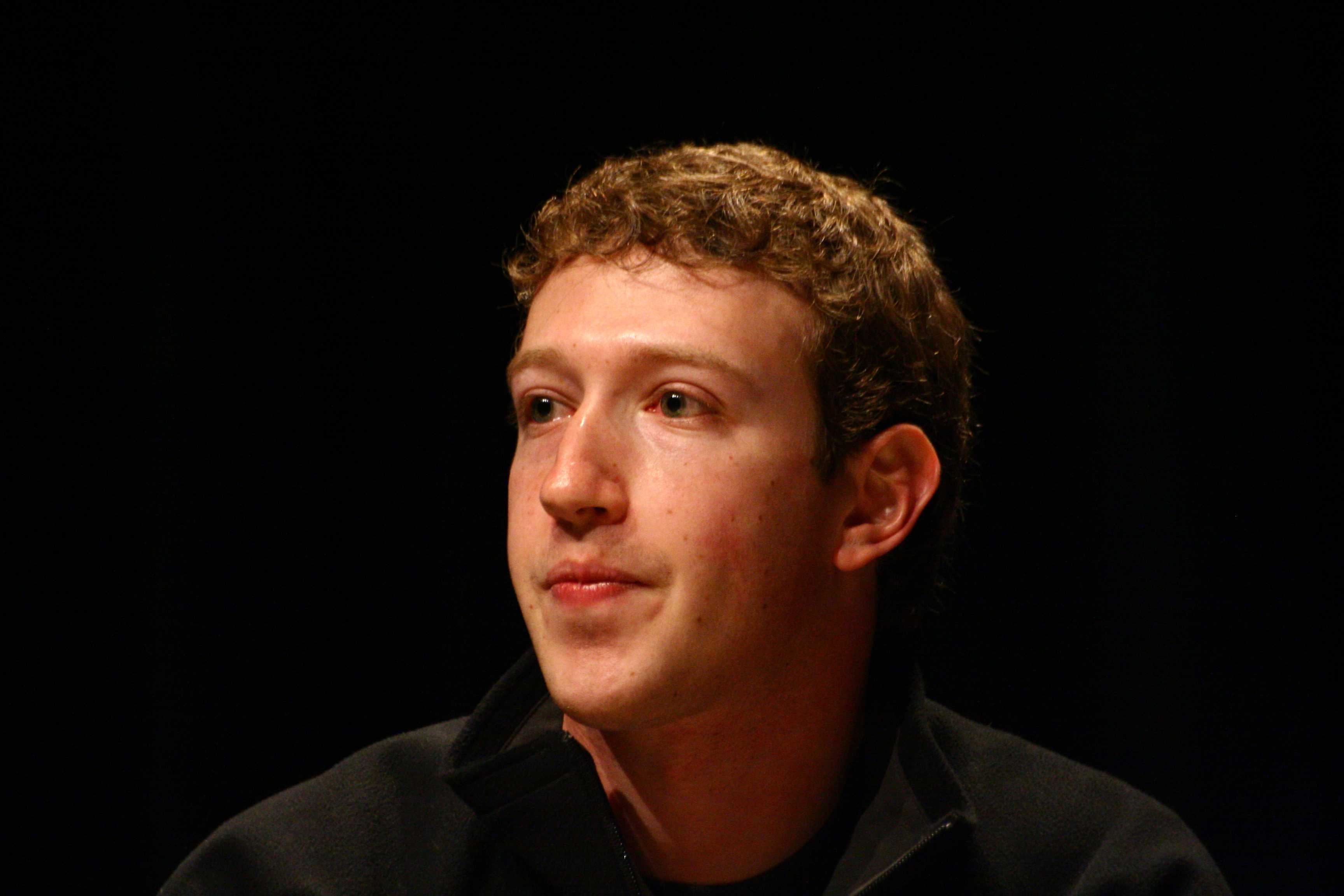Should we trust Google, Facebook or Twitter with private information? As of now, no one can tell. But such technology monopolies in Silicon Valley have the power to alter the course of humanity by mere distribution of ads, “fake news” or intelligent marketing.
Last Saturday, The New York Times and The Observer revealed that a political analytics firm called Cambridge Analytica obtained access to the information of fifty million Facebook users, and used the information to craft ads and messages for president Donald Trump’s 2016 campaign. Facebook CEO Mark Zuckerberg faced calls by British and U.S. lawmakers to undergo a congressional investigation. Even though CIA whistleblower Edward Snowden calls social media websites “surveillance companies rebranded,” the truth is yet to be uncovered.
The story began in the year 2014 with Aleksandr Kogan, a Russian national and professor of cognitive sciences at Cambridge University. He was building an app to predict personalities called thisisyourdigitallife. In order to collect large amounts of data, he used Facebook’s platform to survey 270,000 Facebook users. But because of the permissions set in Facebook’s source code at the time, the survey software was able to scrape data from the friends of people who took the survey. Eventually, 50 million users were involved, most without consent. Facebook discovered this issue in the year 2015, and allowed it to persist considering it was used for academic purposes. Later this data was shared with Cambridge Analytica, an affiliated corporation of Strategic Communications Laboratories Group. They used it to campaign for Republicans, and maybe more.
Fast forward to February 2018, where the CEO of Cambridge Analytica Alexander Nix testified before Britain’s House of Commons that the company no longer held that private data. But Christopher Wylie, the Canadian data mining expert and Cambridge Analytica employee, begs to differ. “I made Steve Bannon’s psychological warfare tool,” he said. When asked if it was fair to say that Cambridge Analytica hacked Facebook, he says “I’ll point out that I assumed it was entirely legal and above board.” The true motives of Facebook, Cambridge Analytica, or the professor are not entirely clear. However, they have all cooperated to go through an audit run by Stroz Friedberg, a digital forensics firm. British SCL, American Facebook and Russian professor Alexandr have gotten three countries involved in this investigation.
“The lid is being opened on the black box of Facebook’s data practices, and the picture is not pretty,” said Frank Pasquale, a University of Maryland Law professor. Further allegations include talking about bribes, former spies and Ukrainian sex workers to entrap politicians. According to Reuters, Facebook’s stock dropped 6.8 percent to $172.56, dragging the S&P 500 technology sector down 2 percent and broadly weighing on U.S. equities. This resonated with Snap Inc., Twitter, Google and others as well, who feared possible impending regulations. On Monday, Republican Senator John Kennedy and Democratic Senator Ron Wyden requested Mark Zuckerberg to appear for a hearing and to present company policies. There might soon be severe scrutiny over how major technology companies use their data.



One Response
Great article! Keep up the good work!